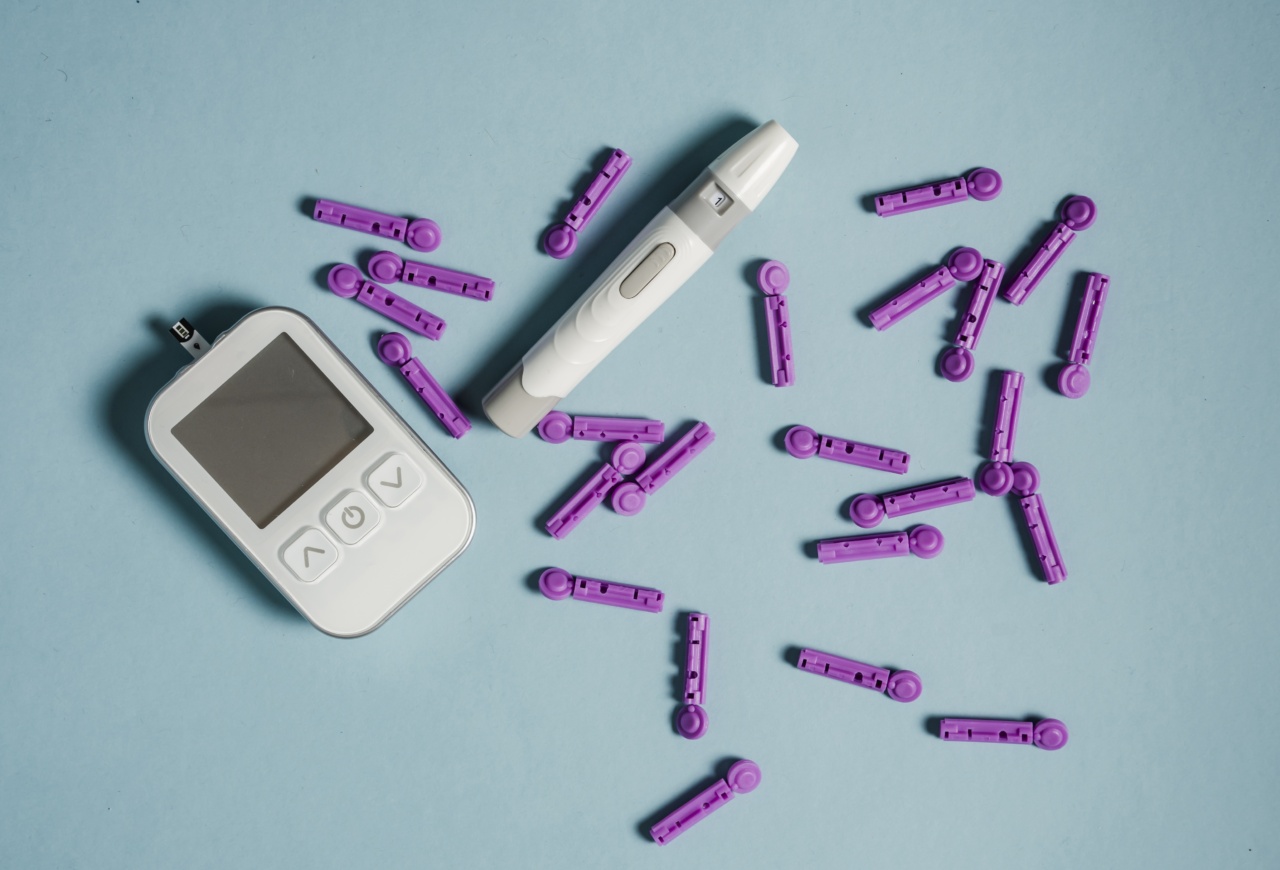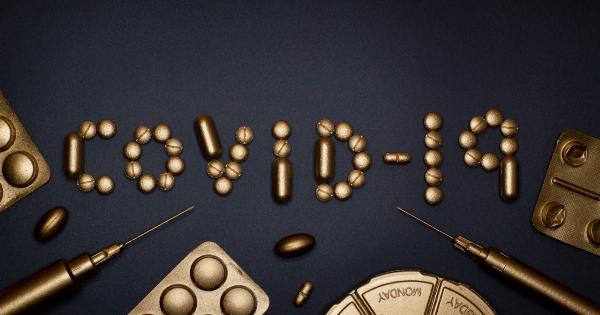Blood is an essential component of our body and is the lifeline that keeps our system functioning. It carries nutrients, oxygen, hormones, and other important components to all organs and tissues of our body.
Blood is composed of various elements such as plasma, red blood cells, white blood cells, and platelets. Each of these elements has a specific function that makes blood an essential component of life. In this article, we will explore why blood is essential for life.
Red Blood Cells
Red blood cells are specialized cells that transport oxygen to various parts of the body. They contain a protein called hemoglobin, which binds to oxygen and carries it to organs and tissues that require it.
The oxygen is used in various metabolic processes to produce energy. Without red blood cells, our body would not receive adequate oxygen, causing various health problems such as fatigue, shortness of breath, and dizziness.
White Blood Cells
White blood cells are essential components of the immune system that protect our body against diseases and infections. They function by identifying and destroying foreign invaders such as bacteria, viruses, and other harmful substances.
They also produce antibodies that help our body fight against infections. Without white blood cells, our body would be vulnerable to various diseases and infections, leading to serious health complications.
Platelets
Platelets are small cells that play a crucial role in preventing bleeding and promoting blood clotting. They are responsible for stopping bleeding after an injury by forming a clot around the damaged blood vessels.
Without platelets, even minor injuries would lead to excessive bleeding, which could be life-threatening in some cases.
Plasma
Plasma is the liquid component of blood that carries various substances such as hormones, enzymes, proteins, and nutrients. It also helps regulate body temperature and maintain the pH balance of our body.
Plasma contains antibodies that fight diseases and infections, making it an essential component of the immune system. Without plasma, our body would not receive the necessary nutrients and other important substances required for the various metabolic processes.
Blood Transfusion
Blood transfusion is the process of transferring blood from one person to another. It is used in various medical conditions such as severe injuries, surgeries, and blood disorders, where the patient requires additional blood.
Blood transfusion can be life-saving in critical conditions. However, it is essential to ensure that the blood is compatible with the patient’s blood type to avoid any adverse reactions.
Blood Donation
Blood donation is a selfless act that can save lives. By donating blood, an individual can help save the lives of people who require blood transfusion due to medical conditions or injuries.
It is essential to donate blood regularly as the shelf life of donated blood is limited, and there is always a need for blood in medical emergencies.
Blood Disorders
Blood disorders are medical conditions that affect the components of blood and their functions. Common blood disorders include anemia, leukemia, hemophilia, and thrombophilia.
These disorders can cause various health complications and require medical treatment. It is essential to diagnose and treat blood disorders at an early stage to avoid any adverse effects on the body.
Conclusion
Blood is an essential component of life that carries vital components required for the various metabolic processes of our body.
It is composed of various elements such as red blood cells, white blood cells, platelets, and plasma, each with a specific function. Blood transfusion and blood donation are critical processes that can save lives. However, it is essential to ensure compatibility and safety while performing these procedures.
Blood disorders are medical conditions that require appropriate treatment and care to avoid any adverse effects on the body.





























